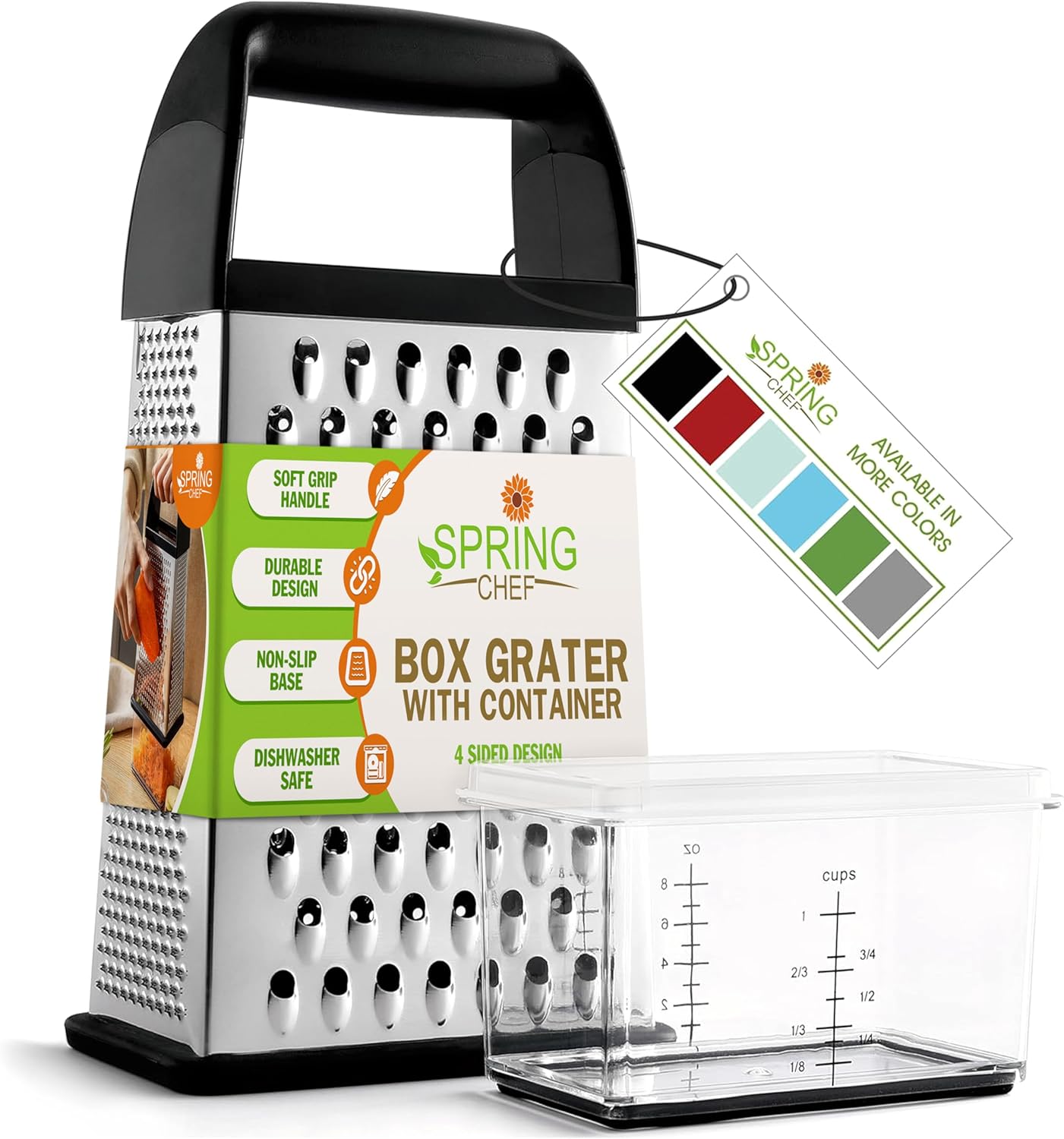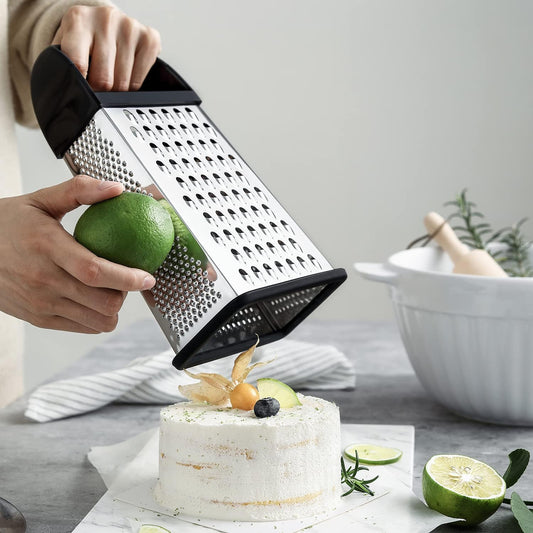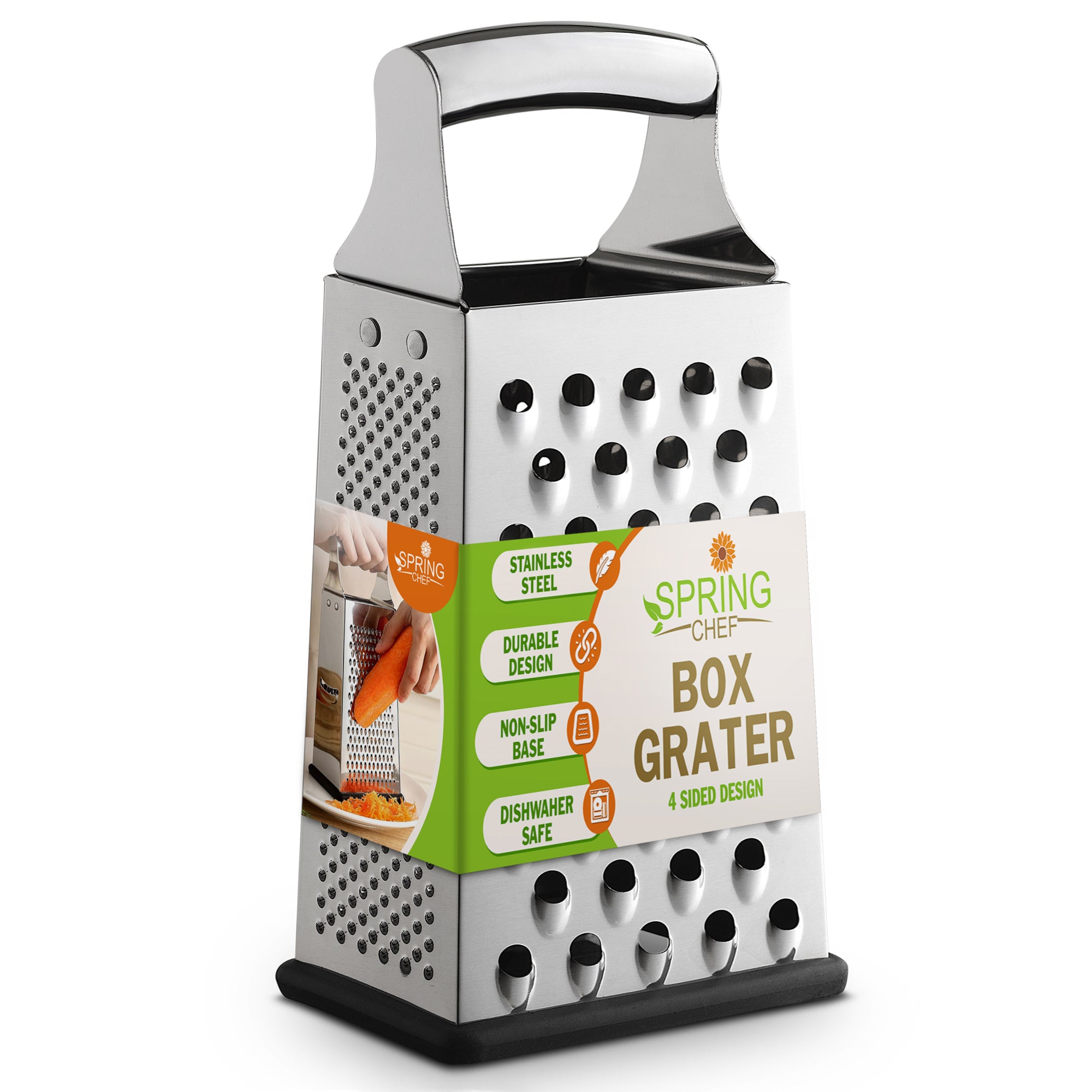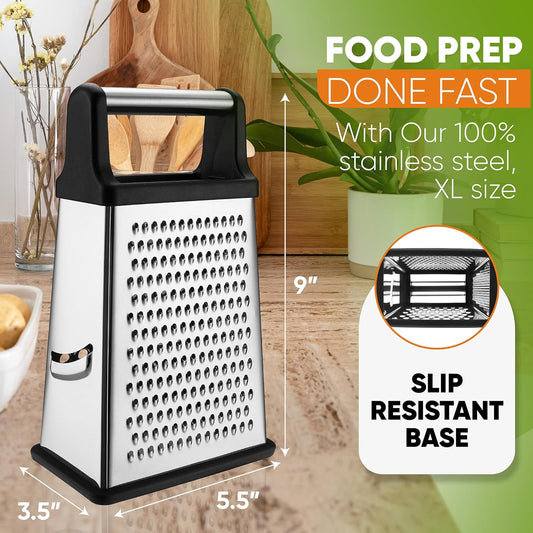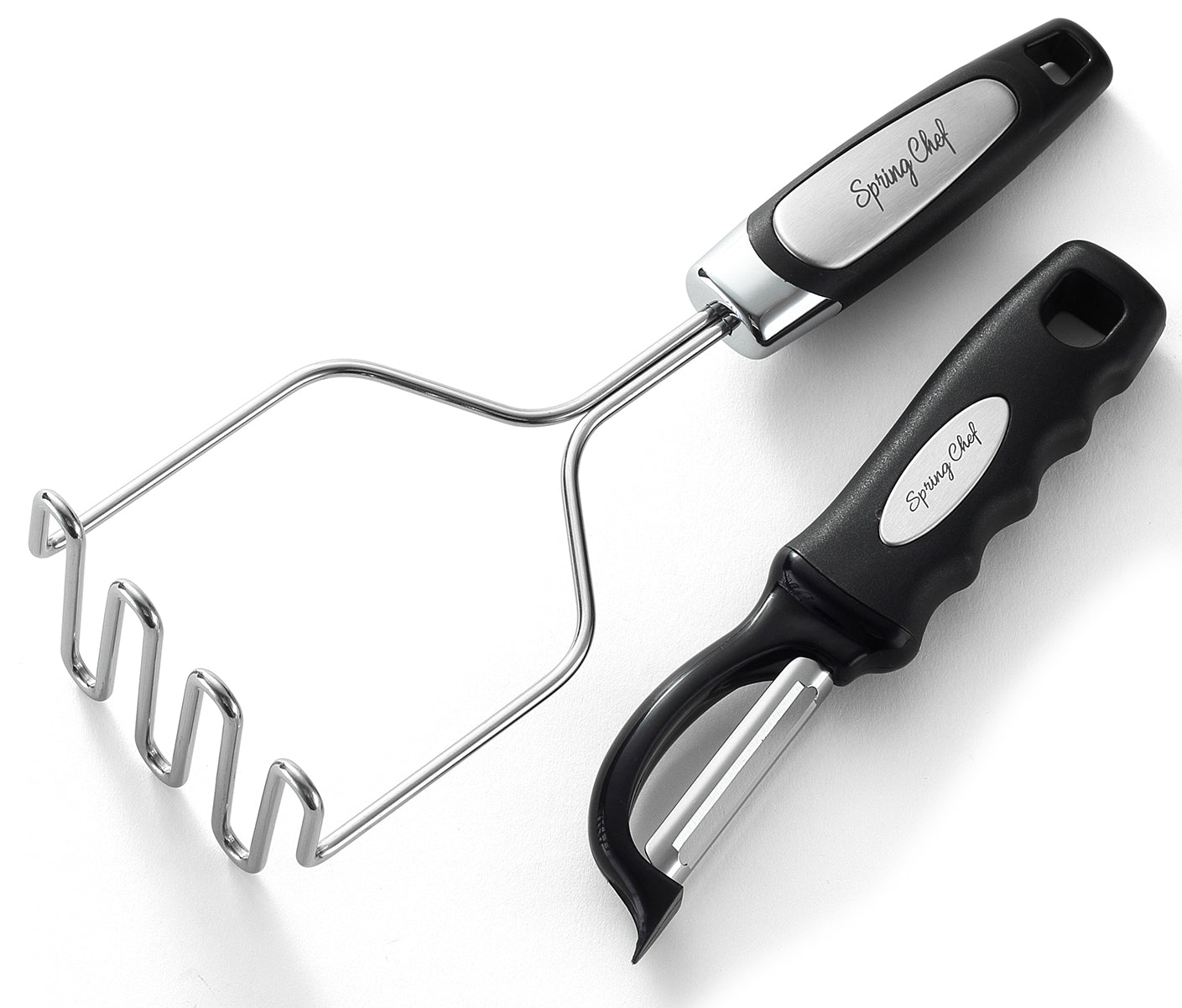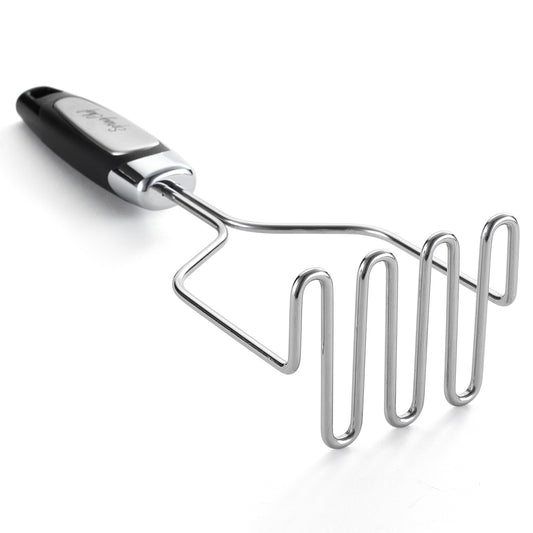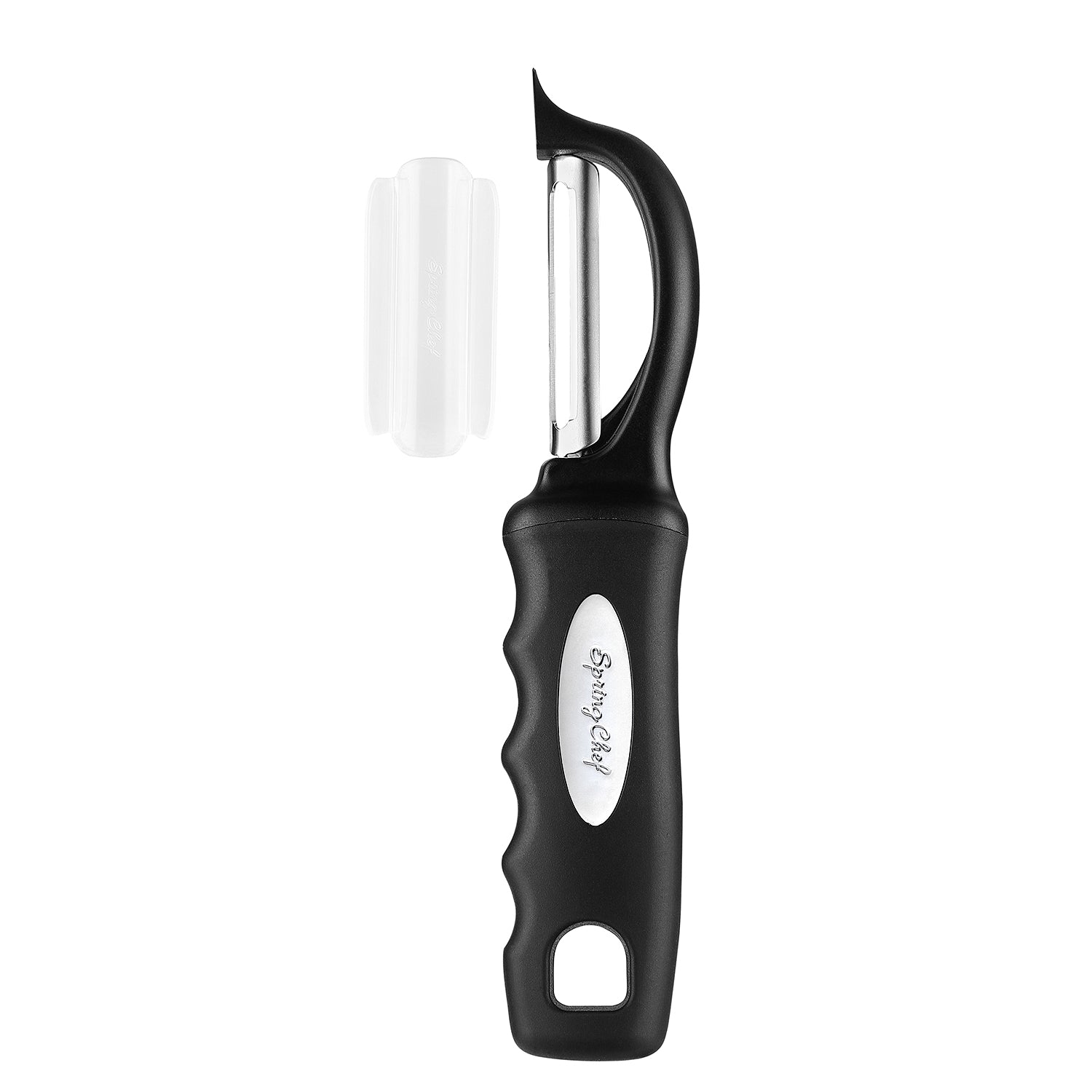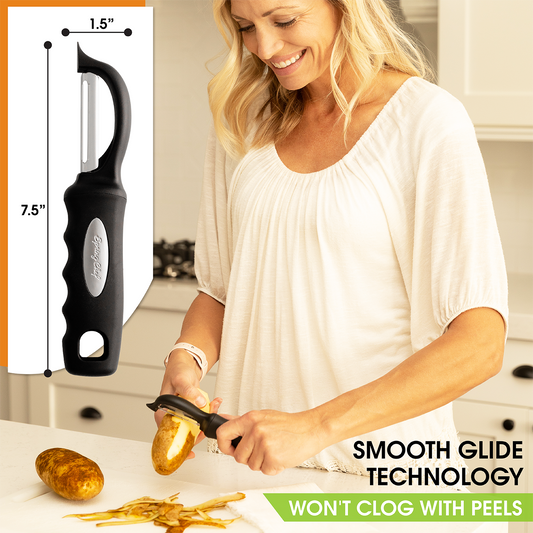How to Prevent Cookies from Spreading

Baking cookies is a total delight. It doesn’t matter if you’re baking for your family or you just want to satisfy a strong craving. These bits of sweet heaven can make everything better, but there’s nothing worse than when you don’t get the recipe right. Among the most common things that can go wrong with your treats, you'll have a flattened and dull cookie. If you want to bake perfect and fluffy cookies, don’t miss this article!
Why are my cookies flat?
If you just took your batch of cookies out of the oven and they came out completely flat, it could be due to many reasons. Maybe the grease you used was the wrong one, or maybe the butter was too soft. Maybe you added too much sugar or very little flour to your mix, or maybe the culprit is your baking sheet. Keep reading to discover how to fix the most common mistakes that lead to flat, lifeless cookies.
Tips to prevent your cookies from spreading
Line your baking sheets
You can either use a special silicone baking mat to place some parchment paper under your metal sheet. Before you place the cookie dough you should never spread nonstick spray or some butter to build a greasy foundation, this will only make the dough spread all over the surface. A silicone mat is actually the best choice because the dough grips to the bottom and it even browns beautifully.
Work one batch at a time
If you bake one cookie batch at a time helps your oven “concentrate” on baking a single batch to perfection. Place your baking sheet in the middle rack of the oven, but if you really must bake more than one batch at a time, then make sure to rotate the baking sheets a couple of times so each batch gets some time in the hottest and coolest spot. This will promote even baking.
Cool your baking sheets between batches
Never place the cookie dough balls directly on a hot baking sheet. If you’re working on batches, let the baking sheet cool down until it reaches room temperature before you start baking the next one.
Freeze the cookie dough
Right after you’re done with the cookie dough and you’ve made your balls, place them on a plate and then in the freezer for about 10 minutes. Preheat your oven right after you put the cookie dough in the freezer and let the freeze firm up the dough so it keeps its shape while baking. The colder the dough gets, the thicker the cookie will be!
Cool the butter
Overly warm butter naturally gets softer, even becomes liquid. If your butter is too soft while mixing the cookie dough, the cookies will easily spread over the baking sheet. If you want to know what room temperature butter looks like, press your finger on it. It should make a small indent but not sink all the way into it.
We hope that these handy tips will help you bake the best batch of cookies you’ve ever had!

